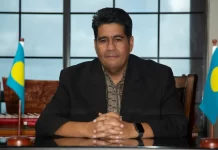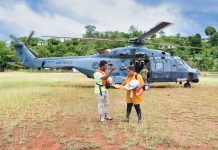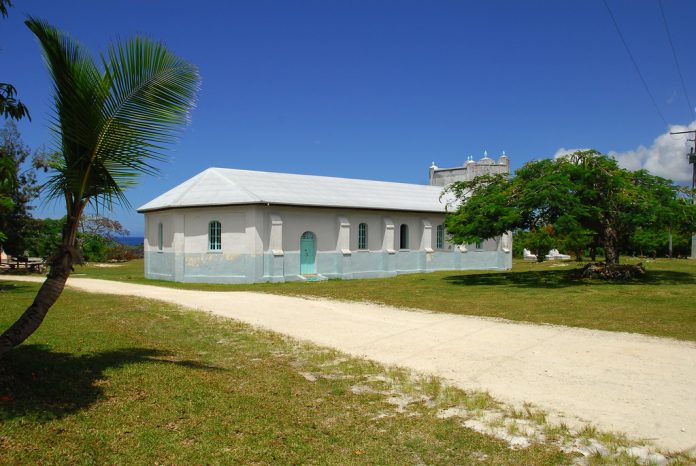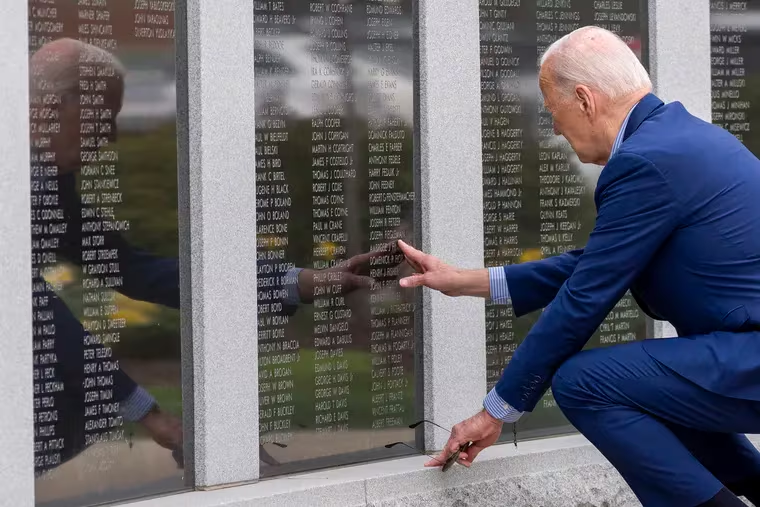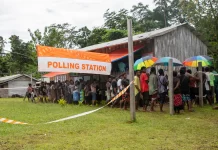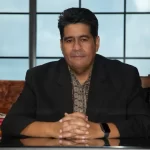By Nic Maclellan in Noumea, New Caledonia
A fortnight after the Pacific Islands Forum brought political leaders to Rarotonga, Cook Islands, church leaders from across the region are gathering in New Caledonia, to attend the 12th General Assembly of the Pacific Conference of Churches (PCC).
With the outreach of faith communities to every town and village across the Pacific, next week’s PCC meeting is a vital part of Pacific regionalism. The theme of the conference is “Do Kamo – Khrist transform us into your new humanity”, and delegates will participate in a series of cultural, spiritual and theological reflections, while discussing social justice issues of self-determination, the environment and the rights of women and children.
The PCC’s roots can be traced to the first Pacific Conference of Churches and Missions, held in 1961 at Malua Theological Seminary in Samoa. Five years after Malua, the PCC held its founding Assembly in the outlying Loyalty Islands of New Caledonia. Church leaders gathered at the tribe of Xépénéhé in Wetr district on Lifou from 25 May to 07 June 1966, to formally create the regional ecumenical organisation. The first PCC chair was the Tongan Methodist Sione ‘Amanaki Havea.
As delegates arrive this week at the University of New Caledonia (UNC) in Noumea, PCC General Secretary Reverend James Bhagwan says: “The fact that we will gather in New Caledonia is very meaningful, because this is where the PCC had its constitutional assembly back in 1966.”
On its 57th anniversary, the PCC is the main ecumenical organisation across the Pacific islands and delegates from 12 National Councils of Churches and 35 churches will attend the 12th General Assembly between 16-23 November. The Assembly is hosted by the Église Protestante de Kanaky Nouvelle-Calédonie (EPKNC), the major Protestant denomination in the French Pacific dependency.
Reflection, workshops and sharing
Before the official opening ceremony on Sunday 19 November, many participants will travel to other locations across Kanaky-New Caledonia, to join pre-Assembly meetings for leaders, women, youth and theologians.
Senior church leaders will fly to the Loyalty Islands, to hold the Pacific Church Leaders Meeting at Bethanie Theological College on Lifou. The Council of the Pacific Theological College (PTC) will sit for the first time outside of its home of Suva, to discuss theological education and PTC’s metamorphosis into the Pasifika Communities University. Preparing for the week’s extensive agenda of reflection and discussion, leaders will discuss the proposed structure of the Pacific Ecumenical Community, to be presented to the Assembly for endorsement.
Led by PCC’s Regional Ecumenical Youth Council, young people will travel to the Lycée Agricole de Dö-Névâ in Waa Wi Lûû (Houaïlou), on the east coast of the main island Grande Terre. Amidst presentations on key Assembly themes, young people from across Oceania will discuss “youth issues, self-determination, stewardship and their roles as generational servant leaders who not only call for justice, but speak messages of hope and peace.”
A separate Women’s Pre-Assembly will be held at Canala in the Xârâcùù region of New Caledonia’s southern province. This session aims to promote collaboration among women’s networks and churches, develop recommendations for the General Assembly, and “stand in solidarity with sisters struggling for self-determination.”
On Friday, the South Pacific Association of Theological Schools (SPATS) will hold its Council Meeting at UNC in Nouville, to discuss “Transforming Theological Education in the Changing Context.”
Self-determination and stewardship
The PCC General Assemblies are held every five years, and the previous gathering was in Auckland, Aotearoa-New Zealand, looking at the role of Pacific diaspora communities.
Reverend Bhagwan said the 2018 decision to host this week’s Assembly in New Caledonia came at a prophetic time: “It was on the eve of the first referendum on self-determination in New Caledonia in 2018, and the 11th Assembly put out a statement and a regional call to prayer for the people of Kanaky.”
The 12th General Assembly comes at a crucial time for the Kanak people of New Caledonia. Next week, two French government ministers will arrive in Noumea for ongoing discussions of the French colony’s political status, and local politicians are discussing the next stage of the decolonisation process.
“Given the challenges our sisters and brothers have faced, especially around the third referendum in 2021,” Rev Bhagwan said, “it’s an important opportunity for us to come here as a faith community, gathering to listen to the community and churches in Kanaky-New Caledonia, and learn from them. We’re very much looking for the program, and we want to celebrate that Kanaky is a Pacific Island community.”
As the EPKNC hosts the international delegations, Kanak customary leaders will hold a formal ceremony of welcome to country on Sunday.
Plenary themes include “Transformation as Ecumenical Fellowship”, with a keynote address on Monday by Archbishop Emeritus Dr. Winston Halapua, of the Anglican Diocese of Polynesia.
On Tuesday, President of New Caledonia Louis Mapou will address the General Assembly. “Transformation as Self Determination,” is a major theme, and Tuesday’s plenary will include reflections from the Church and People of Kanaky; the Etaretia Porotetani Maohi (EPM) of Mā’ohi Nui / French Polynesia; the Churches of Tanah Papua (West Papua); and the United Aboriginal and Islander Christian Congress from Australia.
On Wednesday, the plenary “Transformation as Ecological Stewardship” has a major focus on climate change, nuclear legacies and “the stewardship of God’s creation.” Maureen Penjueli, the Coordinator of the Pacific Network on Globalisation (PANG) will give the keynote address, with responses from Fiji Archbishop Peter Loy Chong and a presentation by Rev. Dr. Cliff Bird on “Reweaving the Ecological Mat: An Ecological Framework for Development.”
Reflecting on the challenges facing children and young people, a further plenary will discuss “Children as God’s Precious Gifts: Transformation as Child Protection and Empowerment.”.
SOURCE: ISLANDS BUSINESS/PACNEWS


